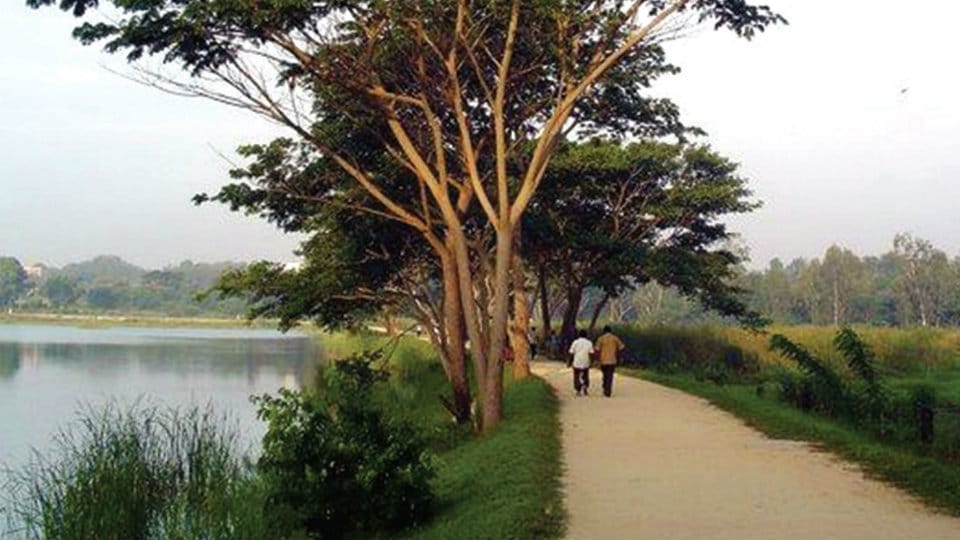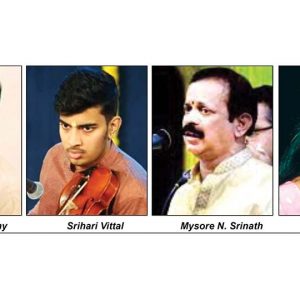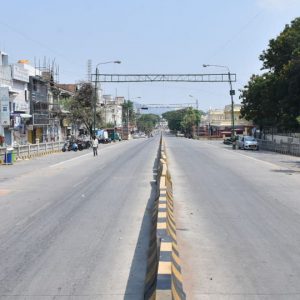If lake dries up, will the birds come?
About 200 people, belonging to NGOs numbering about six, staged a dharna in front of the DC’s office this morning protesting against the developmental works being undertaken by University of Mysore and District Administration at a cost of Rs. 3 crore at Kukkarahalli Lake.
According to these NGOs, no development works, including the desilting of the lake, should be done for reasons that it will cause environmental damage and adversely affect the bio-diversity of the lake and its surrounding forest area. The apprehension is that the lake area has about 138 bird species out of which about 60 are migratory birds who breed here and leave. They also feel that desilting is done only in the lakes that are completely dried up and not where there is still water like in Kukkarahalli Lake. Any developmental work of the kind proposed like desilting, children’s park, boating would adversely affect the flora and fauna and therefore the NGOs have taken total objection.
When this writer drew the attention of one of the members of the NGOs about the opinion of an expert from Hyderabad in the 80s, when the lake was full of water hyacinth, plastic and other waste floating in the lake, who said that only the living lake should be desilted (when there is still water) so that the natural springs blocked by heavy silt deposits could be brought to life again, the NGO member’s response was surprising with half-baked knowledge, he said the Pushkar Lake in Rajasthan, which this writer has seen twice, was desilted when there was water in the year 2009 but it completely dried up the following year. Well, it is just an argument for the sake of argument. You can’t compare that lake condition and the geography of that place with ours here.
The protesters also demanded that the lake and its surrounding areas should not be made into a tourist attraction as it would then make the 130 species of local and migratory birds homeless because of the disturbance caused by tourists.
According to a member of the NGO, desilting is done only on small lake with limited water holding capacity and the danger of water overflowing from such lakes. Since there is no water hyacinth at present, desilting even along the outer peripheral of the lake would disturb both the aquatic and bird life.
However, when Star of Mysore, asked a couple of morning walkers for their opinion, they said though it might disturb their walking track for sometimes it is advisable to desilt the lake and this is the ideal time because of the summer months.
As for converting the lake into tourist attraction, they opined the lake would be best saved if it is used on a daily basis for boating and setting up children’s park or a botanical garden like in Ooty, Mount Abu or Chandigarh. Otherwise with the rainwater from the catchment area not being diverted or channelled to recharge the lake, left to itself its size may shrink over the years.
One of the morning walkers said if Karanji Lake is in good condition it is only after it became tourist destination with boating, butterfly park, aviary and morning walkers’ track with a nominal fee.
It was also the advice of the Hyderabad expert to develop the lake as a tourist destination when he was consulted about clearing of the water hyacinth some 30 years ago. This writer too was involved in what was known as ‘Save Kukkarahalli Lake’ campaign of which late Kuvempu was the Hon. President and Committee comprised many youngsters and well-known senior citizens like R.K. Narayan, Prof. C.D. Narasimhaiah, G.T. Narayana Rao and others.
It is unfortunate that the northern side of the lake, along the Mysuru-Hunsur Highway, was separated from the main lake by the bund built during the days of Vice-Chancellor Prof. K.S. Hegde to prevent the sewage and sullage water from Jayalakshmipuram and Paduvarahalli entering into the lake thereby causing the growth of water hyacinth and also leaving the deposit of the solid waste on the bed.
– KBG








Recent Comments